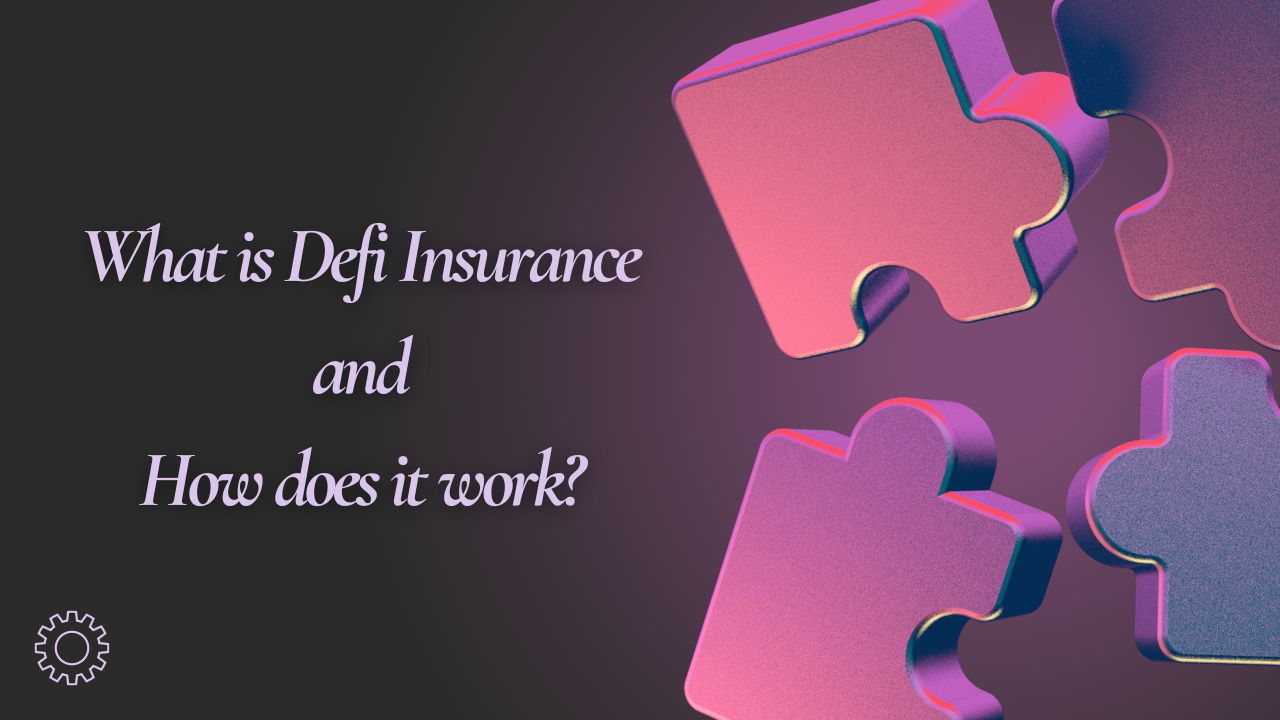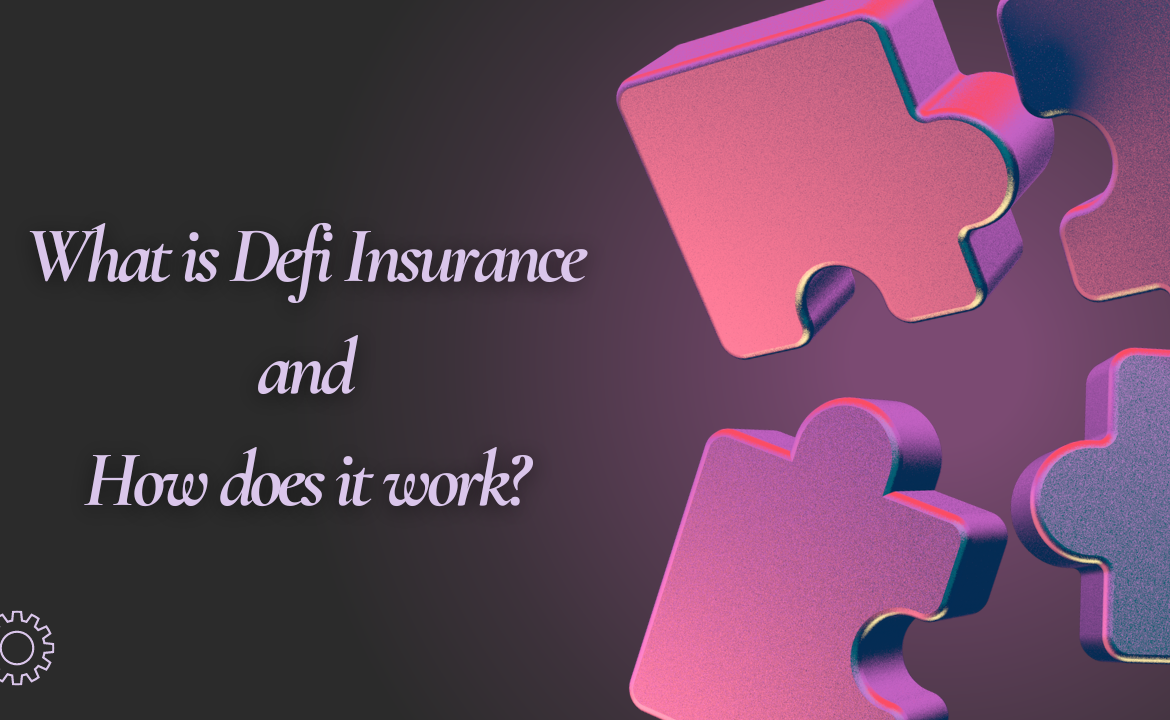Advantages of DeFi Insurance
DeFi insurance offers several compelling advantages over traditional insurance models.
1. Transparency and Trust: The use of blockchain technology ensures that all transactions, policy terms, and claims are recorded on an immutable ledger, accessible to all participants. This transparency fosters trust, as users can verify that the system operates fairly and according to established rules.
2. Cost Efficiency: By eliminating intermediaries and administrative overhead, DeFi insurance significantly reduces operational costs. Smart contracts automate policy management and claims processing, minimizing the need for manual intervention and lowering premiums for users.
3. Accessibility and Inclusivity: DeFi insurance platforms are accessible to anyone with an internet connection, breaking down barriers associated with traditional insurance, such as geographical limitations and stringent entry requirements. This inclusivity enables a broader range of participants, including those who may be underserved or excluded by conventional insurance providers, to engage in risk-sharing and coverage opportunities.
Challenges and Considerations in Defi Insurance
Despite its advantages, DeFi insurance faces significant challenges and considerations.
Regulatory Issues
The decentralized nature of DeFi insurance complicates regulatory oversight, as traditional frameworks are often ill-suited for blockchain-based models. Regulators may struggle to address compliance, consumer protection, and legal jurisdiction issues, potentially leading to uncertainty and a lack of legal recourse for users.
Smart Contract Risks
While smart contracts automate processes and enhance transparency, they are not without risks. Bugs or vulnerabilities in the code can lead to unintended outcomes or security breaches. Unlike traditional insurance, where human oversight can mitigate errors, smart contracts execute exactly as programmed, which can be problematic if the code contains flaws. Ensuring the security and robustness of smart contracts through rigorous testing and audits is crucial to minimizing these risks and maintaining user confidence in DeFi insurance platforms.
The Future of DeFi Insurance
The future of DeFi insurance holds immense potential as the technology continues to evolve.
1. Integration with Emerging Technologies: As advancements in blockchain, artificial intelligence, and data analytics progress, DeFi insurance platforms are likely to integrate these technologies for improved risk assessment, fraud detection, and automated claims processing.
2. Enhanced Regulatory Frameworks: To address regulatory uncertainties, future developments may include the creation of new frameworks specifically designed for DeFi insurance. This could lead to greater legal clarity and consumer protection, fostering wider adoption.
3. Increased Market Adoption: As awareness and understanding of DeFi insurance grow, more users and institutions may embrace these platforms, expanding their market reach. Innovations in user experience and scalability will drive further adoption, potentially transforming the insurance landscape.
4. Collaborations and Interoperability: Future DeFi insurance platforms may see increased collaboration with traditional insurers and other DeFi protocols, enhancing interoperability and creating hybrid solutions that combine the best of both worlds.
Conclusion
DeFi insurance represents a transformative shift in risk management, leveraging blockchain technology to offer decentralized, transparent, and cost-effective coverage. By utilizing smart contracts and risk pooling, it enhances trust and reduces operational costs while improving accessibility for a global audience. However, challenges such as regulatory uncertainty and smart contract vulnerabilities must be addressed to fully realize its potential. As technology and regulatory landscapes evolve, DeFi insurance is poised to redefine the insurance industry, offering innovative solutions and greater inclusivity in risk management. Its future promises a more efficient and accessible approach to coverage, reshaping the insurance sector.
Frequently Asked Questions (FAQs)
1. What types of risks does DeFi insurance cover?
DeFi insurance typically covers risks related to smart contract failures, hacking incidents, protocol exploits, and sometimes even operational failures of decentralized applications. Coverage specifics can vary by platform.
2. How do DeFi insurance platforms determine policy premiums?
Premiums on DeFi insurance platforms are usually determined by the risk profile of the insured asset or protocol, historical data, and the size of the risk pool. Some platforms use algorithms and community voting to adjust premiums dynamically.
3. Can traditional insurance companies integrate with DeFi insurance?
Yes, traditional insurers can collaborate with DeFi platforms to offer hybrid solutions that combine conventional and decentralized insurance models. This integration can provide users with a broader range of coverage options and enhance risk management strategies.
4. How are disputes resolved in DeFi insurance?
Dispute resolution in DeFi insurance is typically managed through decentralized governance mechanisms, such as community voting or arbitration by a decentralized autonomous organization (DAO). These processes are designed to ensure fair handling of claims and disputes.
Read More:














